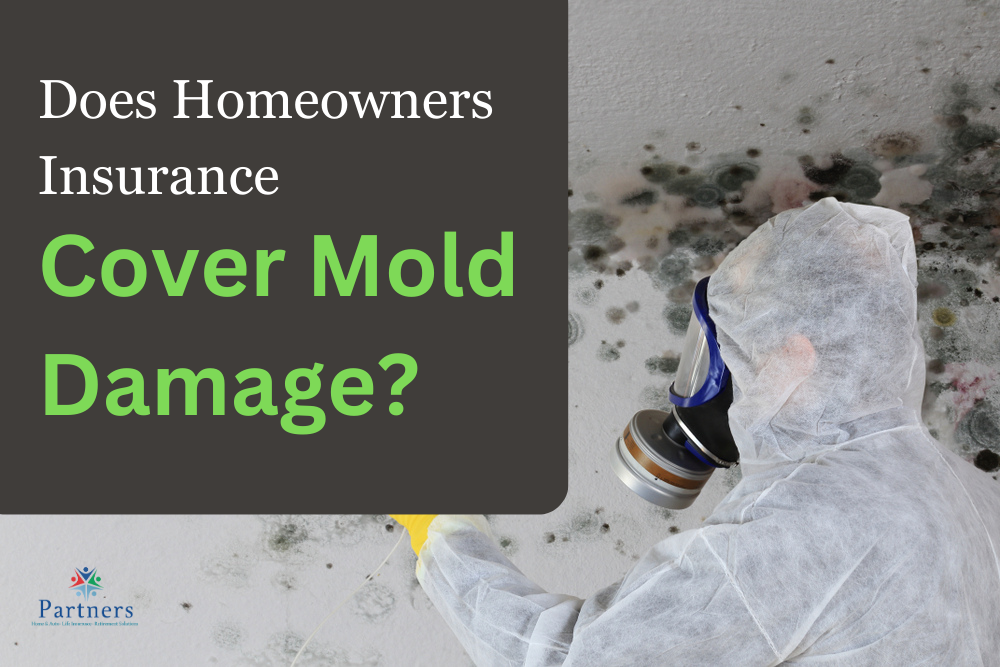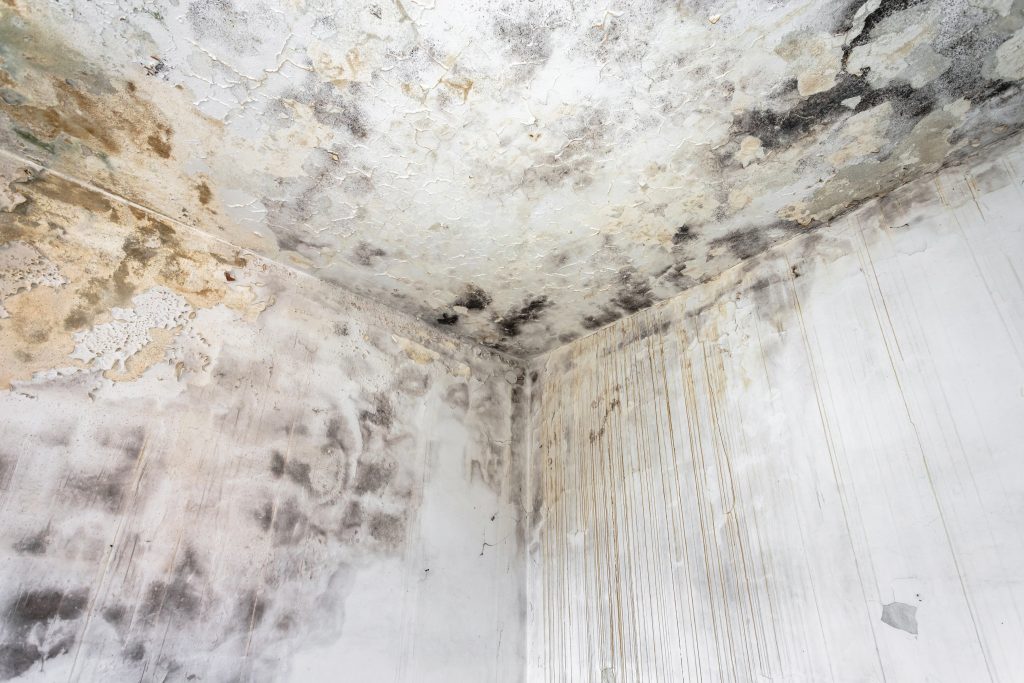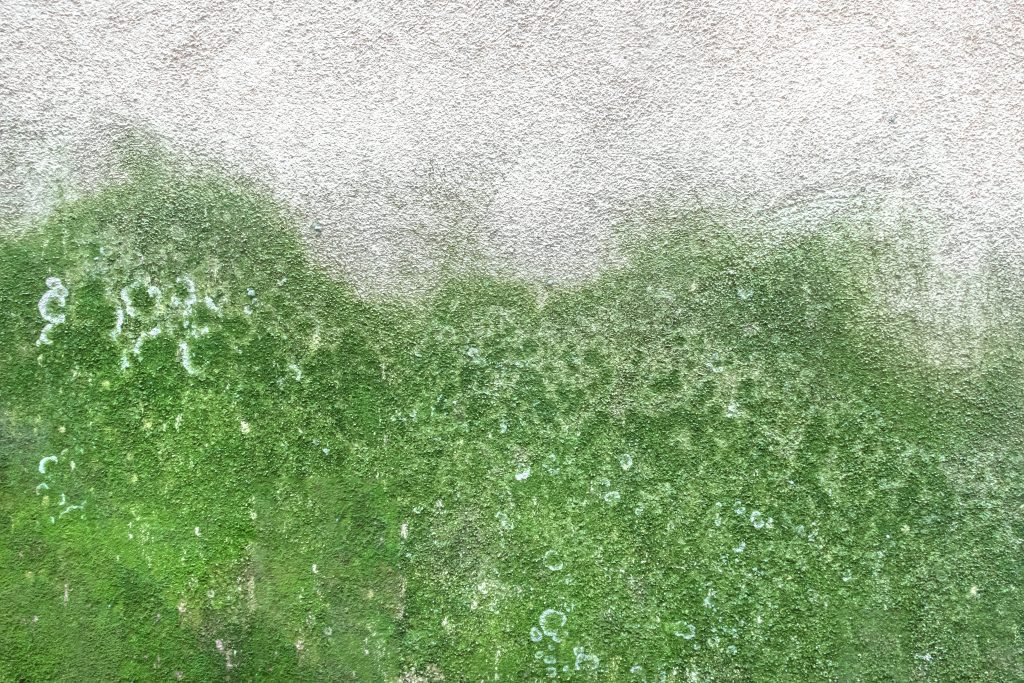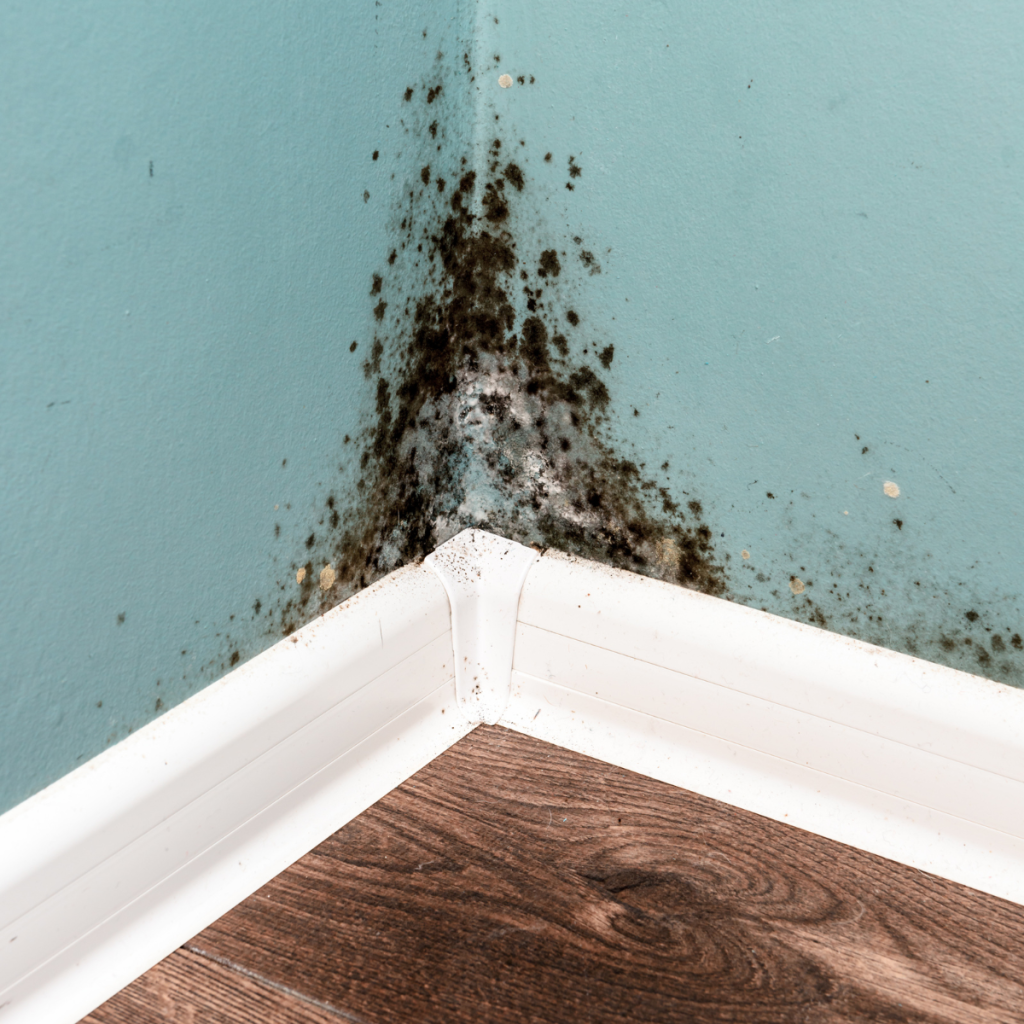
Your homeowners insurance may help cover mold damage. Of course not all policies are created the same. We’re going to show you what to look for and what questions to ask. Mold damage is very common in homes so this is not a coverage you’re going to want to skimp on to save a few bucks.
What is Mold Damage and How Can It Affect Your Home?
Mold is a type of fungus that grows in damp, humid places like bathrooms, basements, and kitchens. It can be black, green, brown, or white and can even be fuzzy or slimy.
Here are some examples to help you identify the existence of mold in your home:



Mold damage can affect your home in many ways. It can make you sick or cause allergies, rot wood and cause structural damage, and even make your home smell bad. That’s why it’s important to keep your home clean and dry so that mold doesn’t have a chance to grow. Remember to wipe up any spills, fix leaks, and use a dehumidifier if necessary.
Does Homeowners Insurance Cover Mold Damage?
We often have homeowners who come to us with concerns about mold and if their policy will cover the damage. The good news is that most homeowners insurance policies do cover mold damage, but the extent of coverage and exclusions may vary.
Just to geek out on insurance speak for a second, the mold damage has to be the result of a covered peril for coverage to appy. Your policy will define these perils. For example, they can be wind, hail, lightning, freezing, flood etc.
However, it’s likely your policy has exclusions that will apply if you have existing damages that haven’t been repaired. For example, if there has been a slow water leak that hasn’t been repaired for an extended amount of time, your claim is likely to get denied.
Two Types of Coverage
There are typically two types of coverage for mold: property coverage and liability coverage. Property coverage is designed to help repair or replace any physical damage to your home due to mold, such as damaged walls or floors. Liability coverage, on the other hand, is designed to protect you in case someone suffers an injury as a result of mold growth in your home.
As with any insurance policy, it’s important to carefully read the details and understand the specific terms of your coverage. Or, have a quality insurance broker who can do this for you. You know, like us…..just sayin!
Steps You Can Take to Prevent Mold Damage in Your Home
Mold damage in your home can be a nightmare to deal with, and prevention is always better than cure. We’ve seen how quickly mold can spread and the damage it can cause to your home and your health. The first step in preventing mold is to control the moisture in your home. Fix any leaks and make sure your home is well-ventilated.
Regularly cleaning and disinfecting areas prone to moisture such as bathrooms and kitchens can also help. Monitoring the humidity levels in your home and using a dehumidifier if necessary can further reduce the risk of mold growth.
A hygrometer is a super effective and inexpensive way to monitor the humidity in your home. Here’s one with great reviews by ThermoPro.
By taking these simple steps, you can keep your home mold-free and avoid costly repairs in the future.
What to Do if You Suspect a Mold Problem in Your Home
Mold can have adverse effects on our health and should be dealt with promptly. If you suspect a mold problem in your home, the first step is to verify if it’s indeed mold and not just dirt or discoloration. You can use a mold testing kit, however if you’re still in doubt it’s probably best to seek professional help.
Once you confirm that it’s mold, you’ll want to quickly determine whether or not you’ll want to make an insurance claim. You need to quickly make this decision. Again, your policy will likely require you to immediately make a claim so the mold isn’t allowed to get worse.
The next step is containment. Mold can spread fast, so sealing off the area is critical. You can use plastic sheets and tape to close off doors and vents. Lastly, don’t try to tackle mold remediation alone. Mold can be dangerous and difficult to remove completely. Seek the services of a professional mold remediation company to ensure your home is mold-free and safe for you and your loved ones.
All in all, mold damage can be dangerous and expensive to remedy, and it’s important not to let a potential problem go untreated. The best way to tackle a situation like this is to have the right homeowners insurance policy in place to provide you with the coverage you need for when disastrous events take place.
Make sure to do research on the types of policies available and ask your insurance provider any questions you may have before covering yourself against this hazard. Doing this will help ensure that your home and pocketbook are protected should mold damage occur.
Free Policy Review
When was the last time you had a thorough audit of your insurance policies? We’ve created a Policy Review tool that allows you to upload your policies to us and we’ll do a complete review for free.
We’ll look at deductibles, coverage types, coverage limits, whether or not you should consider adding an Umbrella policy to your insurance portfolio and more. Insurance agents are always trying to compete on price and this results in cutting corners. Let us provide you with an unbiased audit of your policies without being concerned whether or not we’re going to be the cheapest.
Of course we would love to earn your business but this is a way for us to prove value before asking. We believe that is a great way to conduct business.
Related Articles
Homeowners Insurance Coverage Guide
